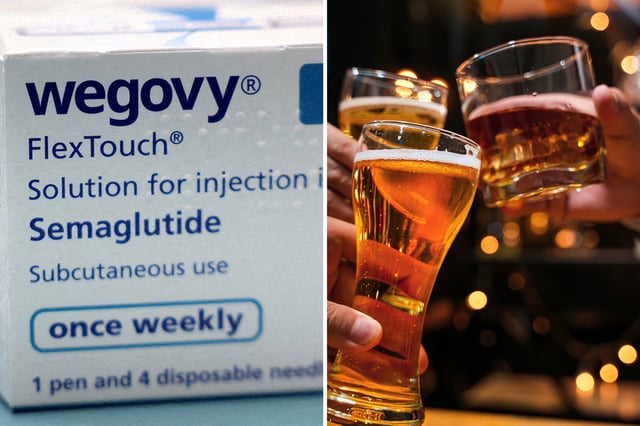Overview
- A prospective study involving 262 obese adults in Dublin found that GLP-1 receptor agonists, such as semaglutide and liraglutide, reduced alcohol intake by nearly two-thirds over four months.
- Among regular drinkers, alcohol consumption dropped by 68%, from an average of 23.2 units per week to 7.8 units per week.
- The findings, published in Diabetes, Obesity and Metabolism and presented at the European Congress on Obesity, suggest these drugs may have potential as treatments for alcohol use disorder.
- Researchers believe the reduction in alcohol cravings is linked to GLP-1 receptors in subcortical brain regions, with patients describing the effect as 'effortless.'
- While the results are promising, limitations such as the lack of a control group and reliance on self-reported data underscore the need for larger, randomized trials.



